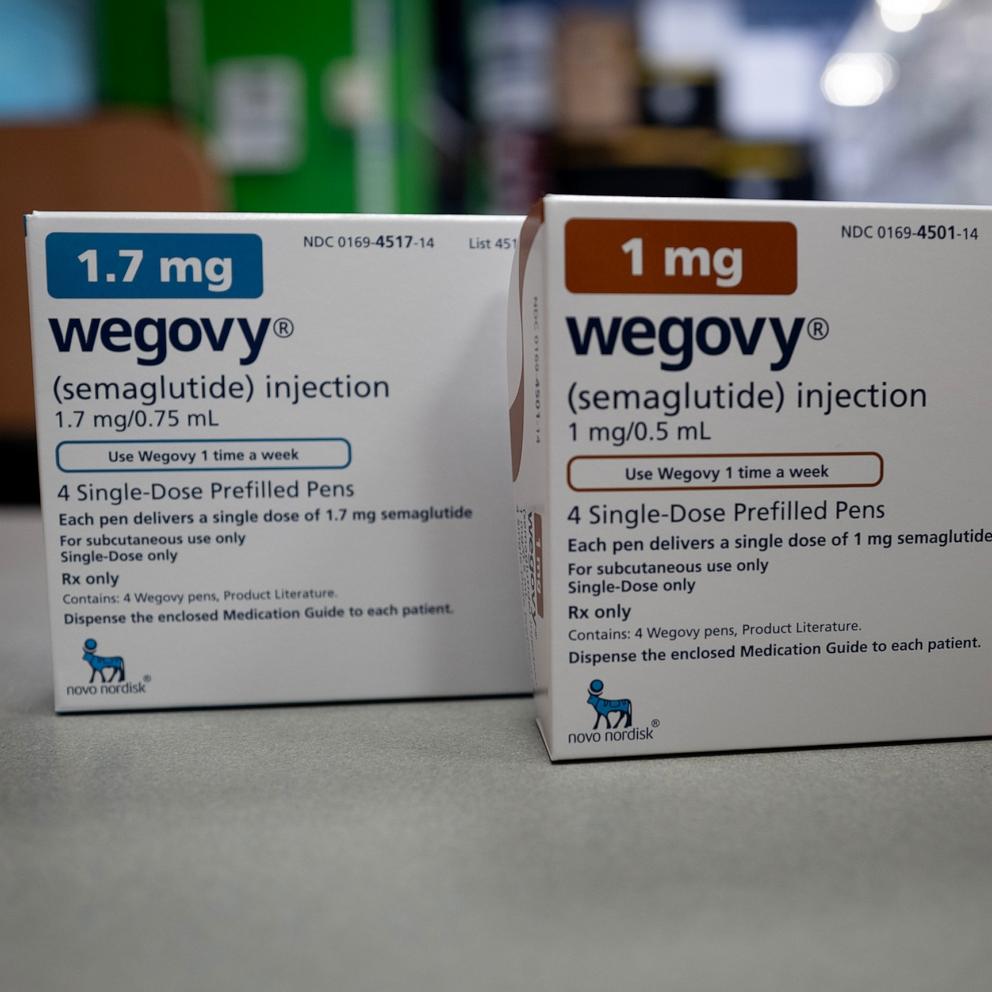Neuralink says they’re looking to implant next 2 participants in coming months
Neuralink is planning to implant two new study participants with the company's brain computer interface in the coming months, the company told ABC News.
Noland Arbaugh, the first study participant to receive Neuralink's surgically implanted device, sat down with ABC News for a wide-ranging broadcast exclusive interview that aired Friday.
Arbaugh, 30, said that the device has given him nearly full control over using a computer—using only his thoughts.

The device, which is approximately the size of a coin, is implanted beneath the skull and uses 64 tiny wires, or threads, equipped with over 1,000 electrodes that can read neuron activity in the brain and connect with a computer or smartphone, according to the company.
Soon, Arbaugh may be one of three patients in Neuralink's investigational trial.
"We're looking to implant our participant number two and participant number three in the coming months," said Neuralink co-founder DJ Seo.

Neuralink, co-founded by billionaire Elon Musk in 2016 and a team of scientists and engineers, is one of several companies testing "brain computer interfaces" in volunteers with paralysis.
These devices, which are surgically implanted on the surface of the brain, can decode brain signals, allowing people who cannot use their arms to control computers, tablets and phones using their thoughts.
Seo says the company also plans to test a robotic arm.
"If you are able to get control to the control in the digital space, you can quickly mount that to physical space, whether it's robotic prosthetic arm or, you know, controlling your environment [like a] smart home," Seo said.
Other companies are already experimenting with robotic arms, allowing paralyzed study participants to control robotic arms just by thinking.
In 2016, then-President Barack Obama famously fist-bumped a robotic arm controlled by Nathan Copeland, a man who holds the record for living with a brain computer interface for the longest --- a decade.
Blackrock Neurotech, which made Copeland's device, and Synchron are the two other major companies working on brain-computer interfaces, said Dr. Laura Cabrera, who studies neuroethics at Pennsylvania State University.
There are also many academic teams who are working on a range of potential solutions, including for people who have lost the ability to speak and for people with severe depression that can't be treated with available therapies.

But neuroethicist Cabrera says there is a wide gap between the hype and fear surrounding these devices compared to what they can actually do today. For example, there is a common misconception that the devices can "read our thoughts," she said.
But for people with paralysis, having access to a device that can translate brain signals into the ability to move a computer cursor or control a robotic arm can be life-changing.
Today, scientists agree this technology is not ready for the everyday person.
"Our primary goal is to provide solutions to those with terrible medical conditions. And BCI is also a highly regulated space-- like any other medical device technology," Seo said.
But the technology is advancing rapidly, with volunteers like Arbaugh and Copeland helping pave the way for potentially broader use of brain-computer interfaces in a wider range of patients.
"Our current step, and what Noland has been demonstrating, is our early feasibility trial," Seo said. "We're a couple years before receiving premarket approval to mass market this."
ABC News' Leah Sarnoff contributed to this report.



